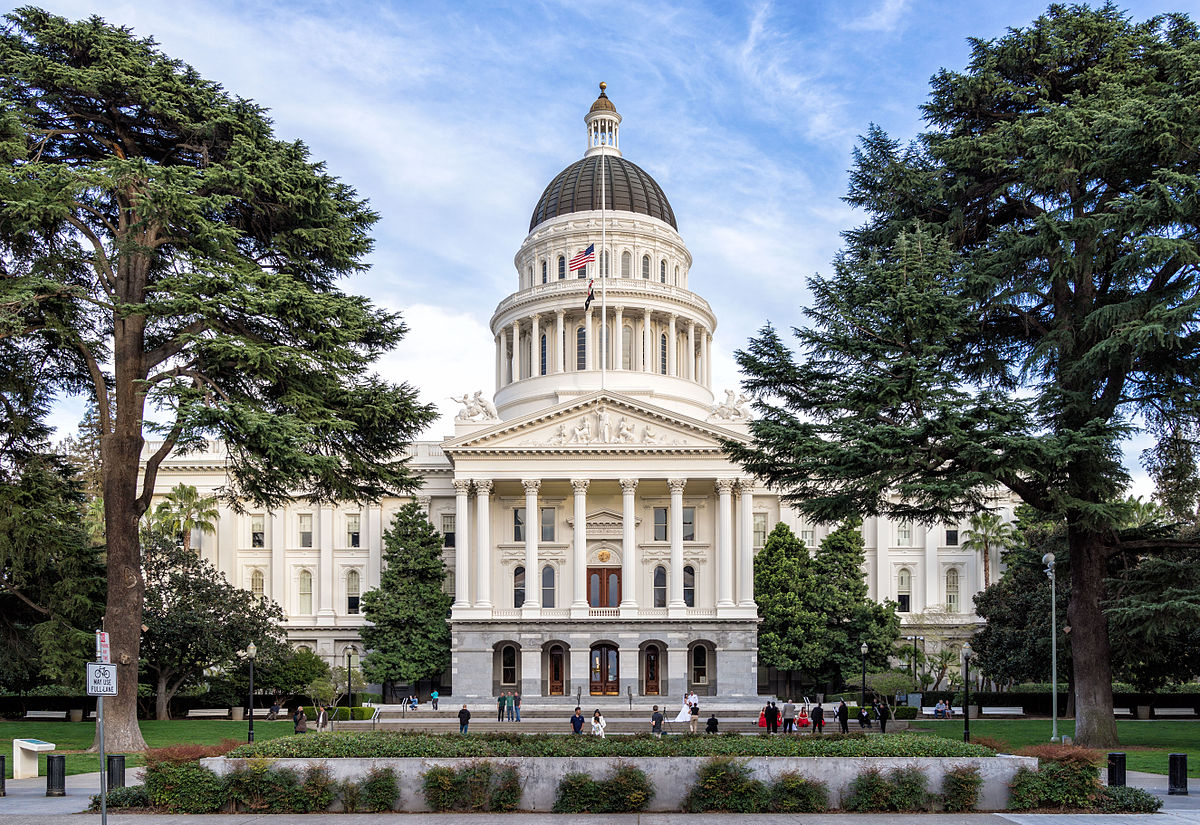An initiated constitutional amendment to increase the vote threshold for new or increased state and local taxes has qualified for the Nov. 2024 ballot in California. On Feb. 2, the secretary of state reported that after a full check of signatures, the campaign had submitted 1,075,585 valid signatures exceeding the 997,139 valid signatures required to qualify for the ballot.
In California, an initial random sample count is conducted to verify signatures. If the random sample count does not find more than 110% of the required number of signatures are valid, then a full check is conducted. Californians for Taxpayer Protection and Government Accountability filed the initiative in November 2021 and submitted more than 1.4 million signatures in August 2022. The campaign initially targeted the 2022 ballot but missed the June 30 signature submission deadline.
The initiative would amend the California Constitution to state that "every levy, charge, or exaction of any kind imposed by state law is either a tax or an exempt charge" and define local taxes in the same manner. The amendment would require a law proposing or increasing a tax to include the duration of the imposition of the tax, an estimate of the annual revenue from the tax, a statement regarding the use of the revenue whether for specific or general purposes, and the ballot title and summary for the tax measure question.
Under the amendment, new or increased taxes must be passed by a two-thirds legislative vote in each chamber and approved by a simple majority of voters. The amendment would also increase the vote requirement for local taxes proposed by local government or citizens to a two-thirds vote of the local electorate. The increased vote requirements for new or higher taxes would not apply to citizen-initiated state ballot measures.
Currently, state tax increases require approval by a two-thirds vote in each chamber or a simple majority vote at a statewide election. Taxes can be reduced with a simple majority legislative vote.
The initiative has received endorsements from California Business Roundtable, California NAIOP, and Howard Jarvis Taxpayers Association. As of the latest campaign finance filings submitted on Jan. 31, Californians for Taxpayer Protection and Government Accountability had received nearly $16.4 million in contributions.
The campaign said, "The Taxpayer Protection and Government Accountability Act will give voters the right to vote on all future state taxes and holds politicians accountable for new fees and other increased costs paid by working families and all Californians."
The initiative is opposed by AFSCME California, California Contract Cities Association, California Professional Firefighters, California State Council of Laborers, SEIU California State Council, and League of California Cities.
Graham Knaus, executive director of the California State Association of Counties (CSAC), said, "This deceptive initiative would undermine the rights of local voters and their elected officials to make decisions on critical local services that residents rely upon. It creates major new tax loopholes at the expense of residents and will weaken our local services and communities."
The initiative is the sixth measure to qualify for the California ballot in 2024. The state legislature voted to refer a constitutional amendment to the March 2024 ballot that would repeal the local voter requirement for publicly-funded housing projects classified as low rent.
The other four measures are eligible to appear on the November 2024 ballot and are all citizen initiatives. The measures address creating a pandemic prevention institute, the state's minimum wage, remediation for labor law violations, and regulation of fast-food working conditions.
Between 2010 and 2022, an average of nine initiatives qualified for California statewide ballots.
Additional reading:



